Table of Contents
National Plan for Music Education (2022)
- Builds on The Importance of Education: A National Plan for Music Education (2011)
- Vision: ‘To enable all children and young people to learn to sing, play an instrument and create music together, and have the opportunity to progress their musical interests, including professionally’
- Three goals:
(1)All children and young people receive high-quality music education in the early years and in schools (SCHOOLS)
(2)All music educators to work in partnership with children and young people’s needs and interests at their heart (MUSIC HUBS)
(3)All children and young people with musical interests and talents to have the opportunity to progress their interests and potential, including professionally (PROGRESSION ROUTES)
The DfE would like to see offered in every school:
- Timetabled curriculum of at least one hour each week of the school year for key stages 1-3
- Access to lessons across a range of instruments and voice
- A school choir and/or vocal ensemble
- A school ensemble/band/group
- Space for rehearsals and individual practice
- A termly school performance
- Opportunity to enjoy a live performance at least once a year
Model Music Curriculum
What is the model music curriculum?
- First announced in 2019
- Non-statutory guidance for the national curriculum in England
- Intend for both specialist and non-specialist music teachers
- Gives a model of how the statutory music curriculum could be delivered
- Gives a progression of how musical skills and understanding can be developed throughout Key Stage 1 to 3
- It is intended to support music teaching and can be used alongside other quality resources
- At Key Stages 1 and 2, pupils should receive a minimum of one hour of teaching a week; this may take the form of short sessions spread across the week.
- In Years 3 or 4, it is recommended that each class should start a whole-class instrumental programme lasting a minimum of one term. The mandatory term will be supported by teachers from the local Music Education Hub. Opportunities for development should continue beyond the mandatory term.
- There should be access to both rhythmic and melodic instruments in Key Stages 1 and 2; this may be as part of the whole-class instrumental programme and/or in other classroom teaching.
- Music should have a minimum of one weekly period the whole way through Key Stage 3. Carousels are not a substitute that fits with the values of comprehensive education.
Resources
Read The power of music to change lives: a national plan for music education (2022) here
See Sutton Music Trust’s Music Development Plan Template here
See Ofsted’s Research Review: music (2021) here
Read Model Music Curriculum: Key Stages 1 to 3 Non-statutory guidance for the national curriculum in England (2021) here.
See Sutton Music Trust’s Model Music Curriculum Overview here.
Read National Curriculum for Music (2013) here
Read The Importance of Music: A National Plan for Music Education (2011) here
Read the ABRSM’s Headteachers Guide to Music Education here.
Read DfE’s School music development plan summary template here.


